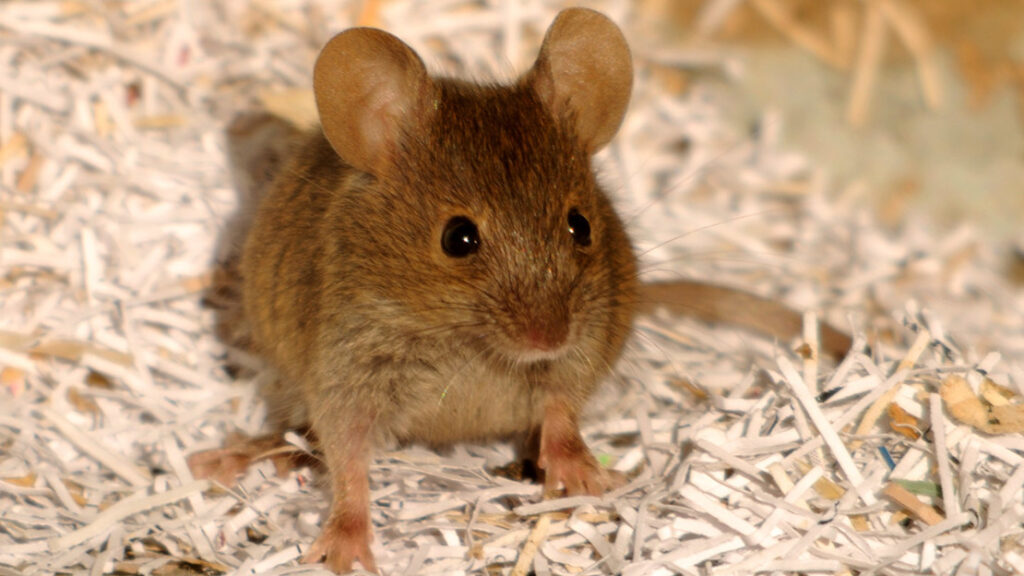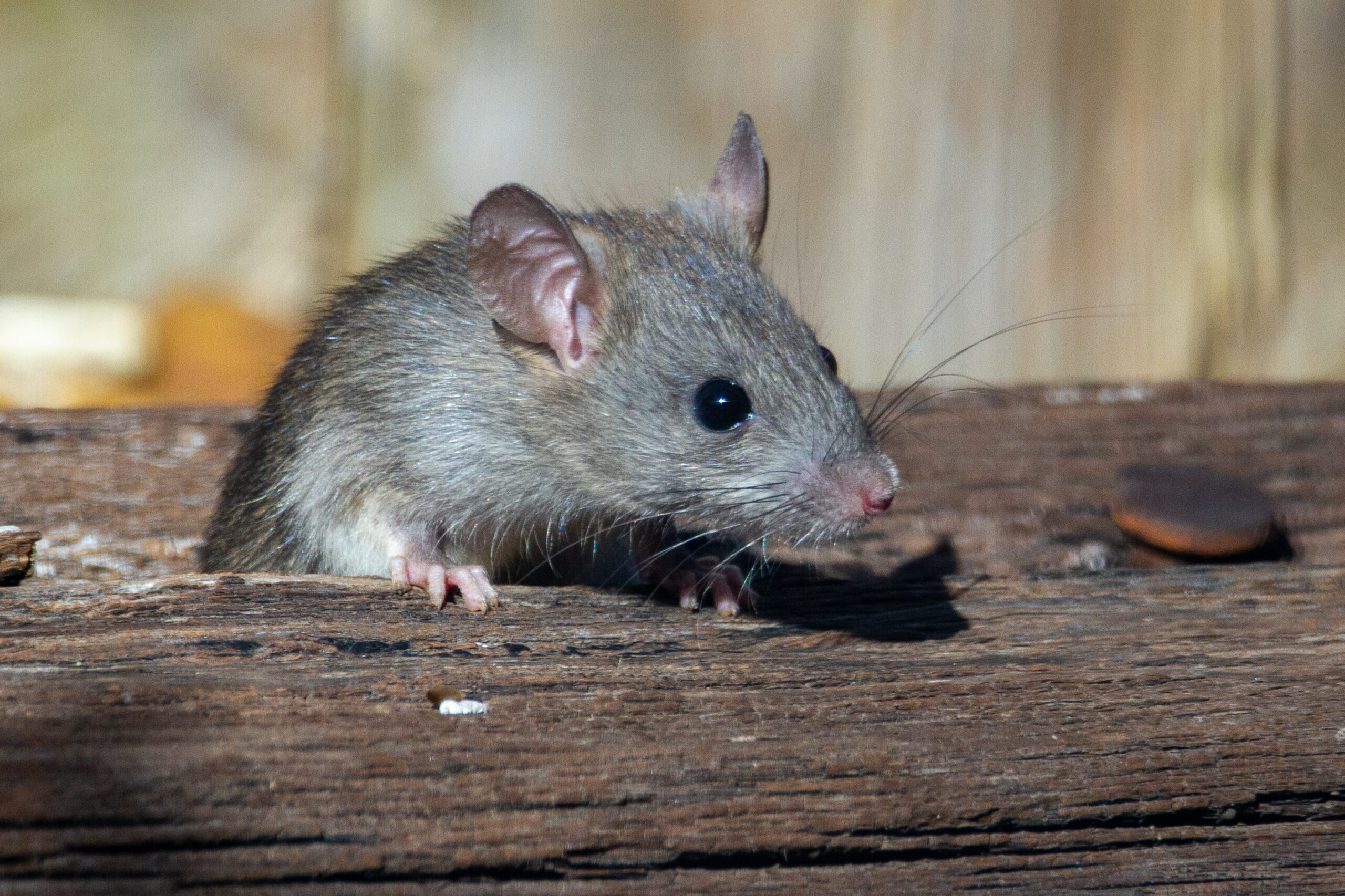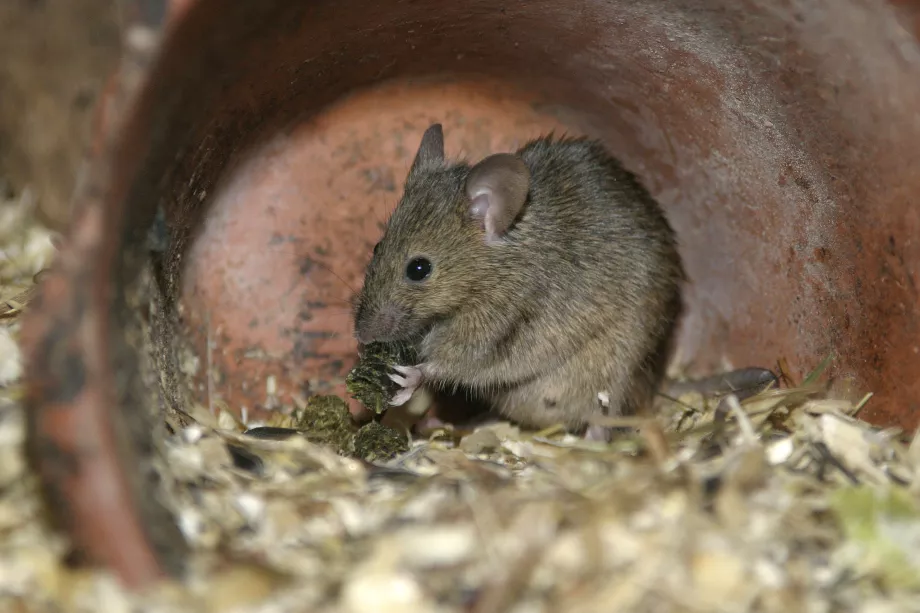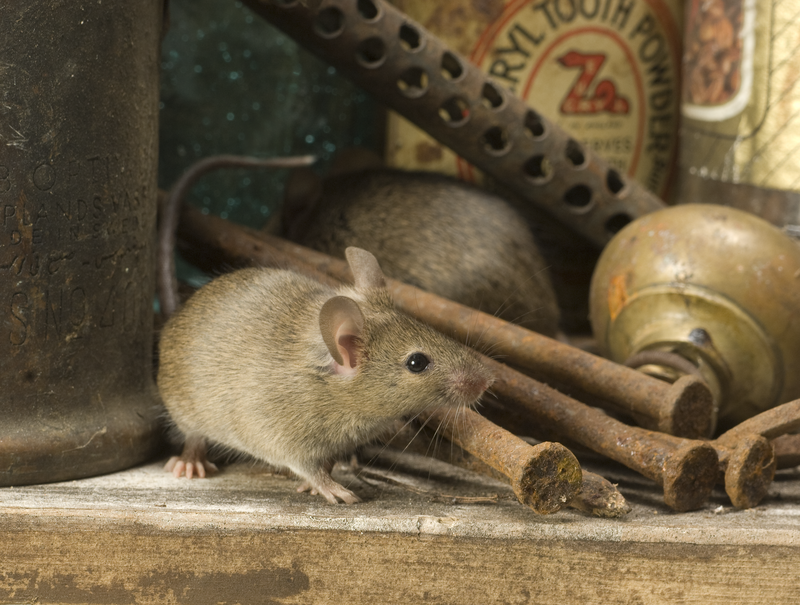
Having problems with Mice?
Mice are characterised by a pointed snout, small rounded ears, a body-length scaly tail and a high breeding rate. The best known mouse species is the common house mouse.
In some places, certain kinds of field mice are locally common. They are known to invade homes for food and shelter and can be heard scurrying in lofts over the cold months. Not to be confused with Rats.
Professional Mouse Control Services in the UK
Mice are one of the most common household pests in the UK, capable of causing serious damage to property, food supplies, and wiring. Their ability to squeeze through gaps as small as 6mm makes them difficult to keep out, and their rapid breeding rate means infestations can escalate quickly. At Shire Pest Solutions, we provide effective mouse control services to protect homes, businesses, and agricultural premises from these destructive rodents.
Understanding Mice and Their Behaviour
Mice are nocturnal and prefer warm, hidden areas close to food and water. They’re excellent climbers and nest-builders, often settling in lofts, wall cavities, behind appliances, and inside cupboards. Because they reproduce quickly, early detection and professional treatment are key to preventing a long-term infestation.
Signs of a Mouse Infestation
Spotting a mouse problem early helps prevent further damage. Common indicators include:
- Droppings: Small, dark pellets often found near food, skirting boards, cupboards, or along travel routes.
- Gnaw marks: Chewing on packaging, furniture edges, and even electrical wiring.
- Scratching noises: Usually heard at night in walls, ceilings, or under floors.
- Smear marks: Greasy rub marks along skirting boards and corners where mice repeatedly travel.
- Odour: A strong, musky smell can build up in enclosed spaces during larger infestations.
Preventing Mice in Your Property
Prevention is the most effective long-term approach. To reduce the risk of mice entering your property:
- Seal entry points around doors, pipes, vents, and foundations
- Store food in airtight containers and clean up crumbs promptly
- Reduce clutter to remove nesting and hiding spots
- Keep kitchens and storage areas clean and well-managed
- Maintain outdoor areas (trim vegetation and keep waste secured)
Effective Mouse Control Methods
Professional control is tailored to the property type, risk level, and activity. Depending on the situation, this can include traps, proofing recommendations, and — where suitable — professional rodenticide application methods:
- Loose baiting: Bait applied safely in restricted areas where non-target species cannot access it.
- Bait stations: Tamper-resistant units that support safer application and monitoring.
- Targeted placement: Treatment focused around high-activity zones and confirmed travel routes.
Do Mice Carry Diseases?
Yes — mice can spread harmful diseases and contaminate surfaces through droppings, urine, and saliva. Risks increase in enclosed spaces such as lofts, cupboards, and wall cavities. Examples include:
- Salmonellosis
- Leptospirosis (Weil’s disease)
- Hantavirus
- Rat-Bite Fever
Why Professional Mouse Control Is Essential
DIY traps may catch a few mice, but they rarely resolve the root cause. Mice breed quickly, can avoid poorly placed traps, and often have multiple entry points. Professional pest control ensures safe, thorough treatment, identifies access routes, and provides prevention advice to reduce the chance of re-entry.
Professional Mouse Control with Shire Pest Solutions
If you suspect mice in your home or business, contact Shire Pest Solutions for fast and discreet support. Our technicians will assess the problem, identify likely entry points, and apply effective treatment with follow-up where needed to ensure your property is protected.



Mouse Control FAQ
More About Shire Pest Solutions
Shire Pest Solutions is a trusted and local pest control company proudly serving homes and businesses across Oxfordshire and beyond. We have built our reputation on professionalism, reliability, and fast response times, specialising in the safe and effective removal of pests including ants, wasps, rodents, bed bugs, and more.
Our expert technicians hold full qualifications and use the latest tools and treatments to resolve pest problems quickly and safely—without unnecessary disruption. Whether you face a minor domestic issue or a large-scale commercial infestation, we design our services to meet your needs with minimal fuss and maximum effectiveness.
Based locally, we regularly assist customers in Didcot, Wallingford, Abingdon, Wantage, Witney, Newbury, Thame, Thatcham, and Stokenchurch. Our knowledge of the local area enables us to provide rapid call-outs and treatments that are suited to the unique pest challenges of each location.
At Shire Pest Solutions, we don’t just eliminate pests—we stop them from returning. We offer transparent pricing with no hidden fees, and we dedicate ourselves to customer satisfaction, making us the go-to pest control provider for homeowners, landlords, and commercial clients alike.
Contact us today to arrange a call-out or find out more about our pest control services across Oxfordshire and surrounding areas.


Recent Comments